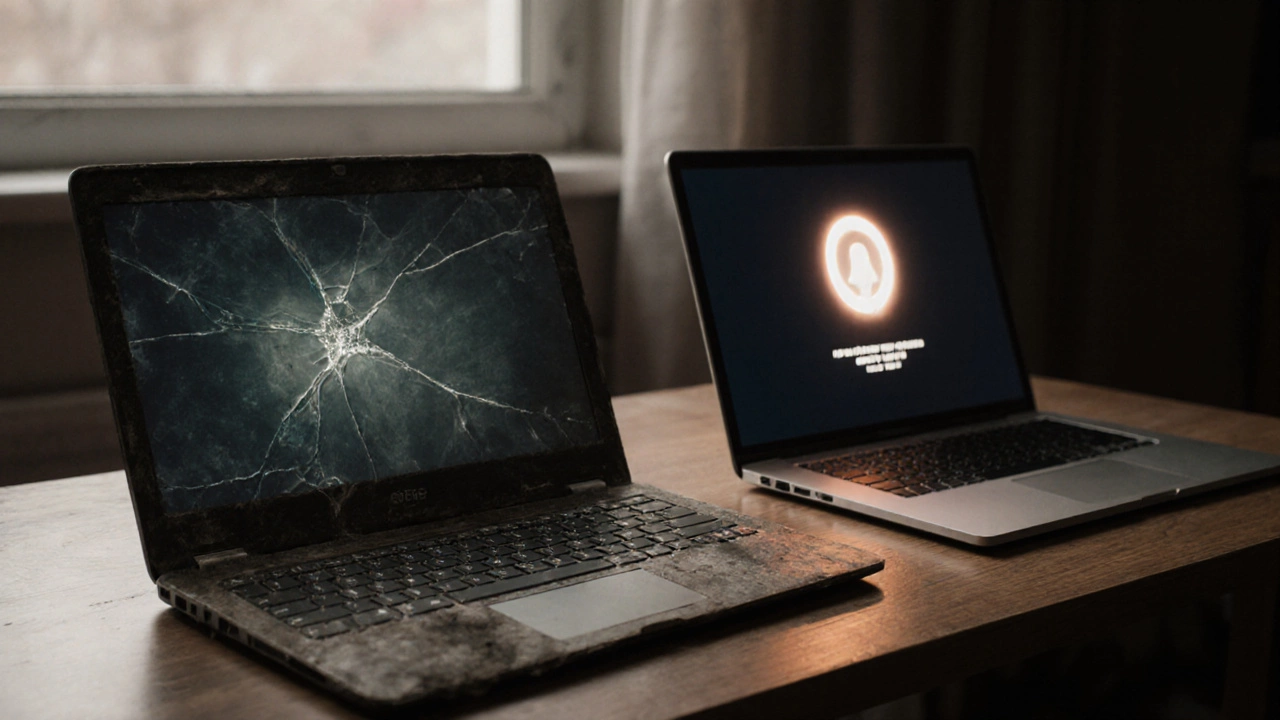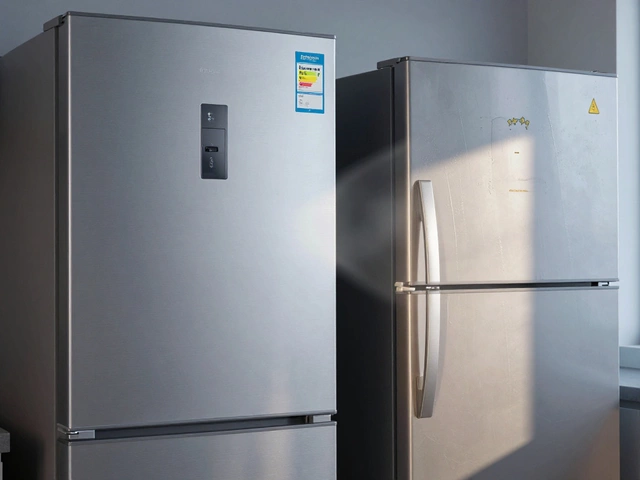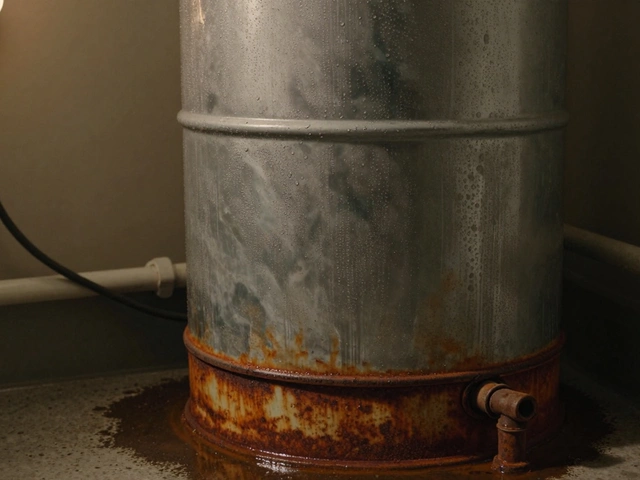Old Laptop Worth Keeping? Here’s What Actually Matters
When you’re staring at a slow, noisy old laptop, a portable computing device that’s been in use for several years, often showing signs of wear or performance decline. Also known as a used laptop, it’s not just hardware—it’s your notes, photos, work files, and maybe even your last connection to a simpler tech era. The real question isn’t whether it still turns on. It’s whether it still works for you.
Many people assume that if a laptop is over five years old, it’s trash. But that’s not always true. A laptop repair, the process of diagnosing and fixing hardware or software issues to restore functionality can bring new life to a machine that’s still perfectly capable of browsing, emailing, or running basic apps. Replacing a worn-out battery, swapping in a new SSD, or cleaning out dust from the fan can make a 2018 model feel like a 2024 one. And if you’re not gaming or editing 4K video, you don’t need the latest CPU. What you need is reliability—and that’s something older laptops can still deliver.
But not every old laptop deserves a second chance. If the screen flickers, the keyboard keys stick, or the motherboard shows signs of capacitor failure, repair costs can quickly add up. That’s where the repair vs replace laptop, the decision-making process comparing the cost and effort of fixing an aging device versus buying a new one becomes critical. A $150 repair on a $300 laptop might make sense. A $300 repair on a $200 laptop? That’s just throwing money away. Look at the cost per year of use. If fixing it adds two more years of reliable service, you’re saving money. If it’s a one-year band-aid, it’s time to move on.
And then there’s the emotional side. That old laptop might have carried you through college, your first job, or late-night projects. But sentiment doesn’t pay the bills. If it’s slow, unsafe, or incompatible with modern software updates, keeping it around is a risk—not a nostalgia trip. Security updates stop for older models. Vulnerabilities pile up. A 2015 laptop running Windows 7 or macOS Sierra is a sitting duck for malware.
So how do you decide? Start with a simple checklist: Can it run current web browsers without lag? Does it still get security updates? Is the battery holding a charge for at least an hour? Are the keys and trackpad still responsive? If three of those are yes, it’s worth a repair. If two or fewer, it’s probably time to upgrade.
You’ll find plenty of guides below that walk you through exactly how to test your laptop’s health, what repairs actually cost, and which models are worth saving. Some posts break down the real cost of fixing a cracked screen. Others show you how to spot a failing hard drive before it crashes. There’s even advice on what to do with a laptop you’re ready to retire—recycle, donate, or repurpose it as a media station. None of this is guesswork. It’s real-world info from people who’ve fixed, replaced, and lived with these machines long enough to know the difference between a salvageable device and a paperweight.
Is a 10-year-old laptop worth keeping? The answer isn't about nostalgia - it's about cost, security, and real performance. Learn when to repair, upgrade, or replace your old machine.


